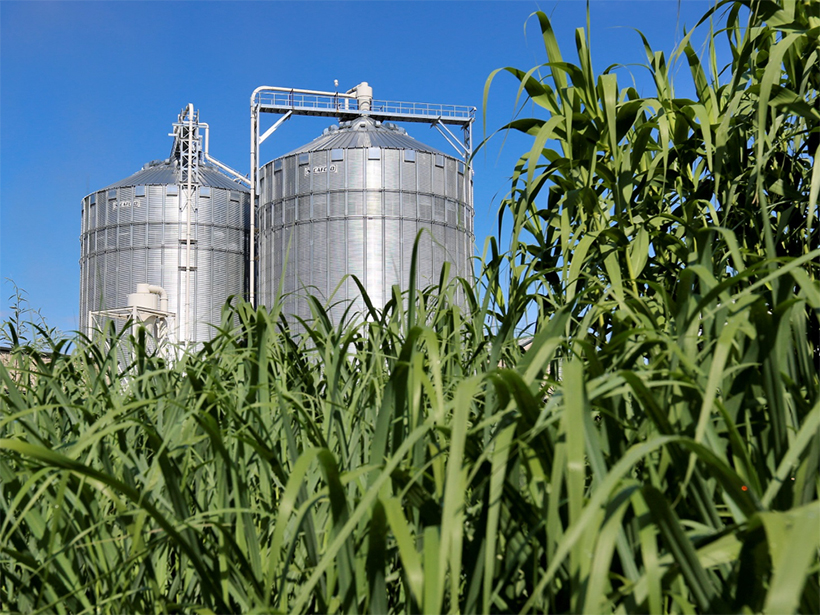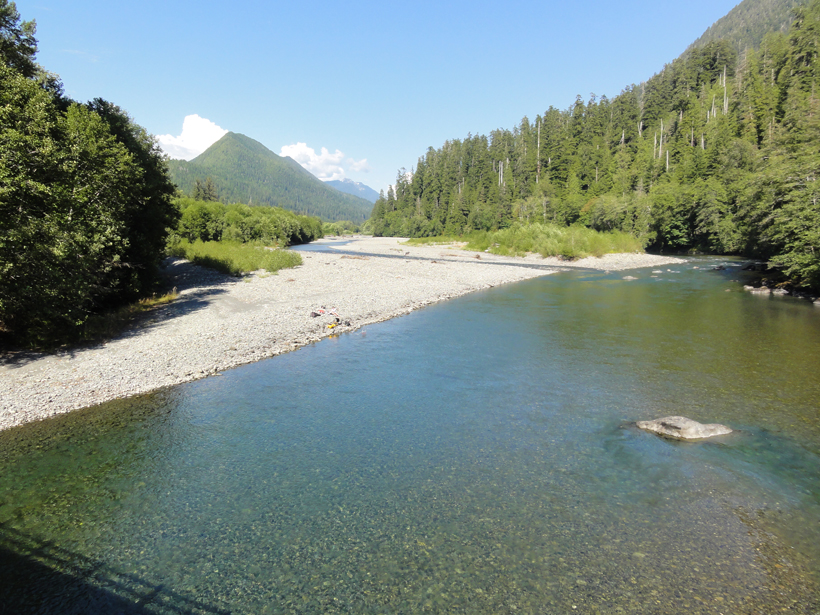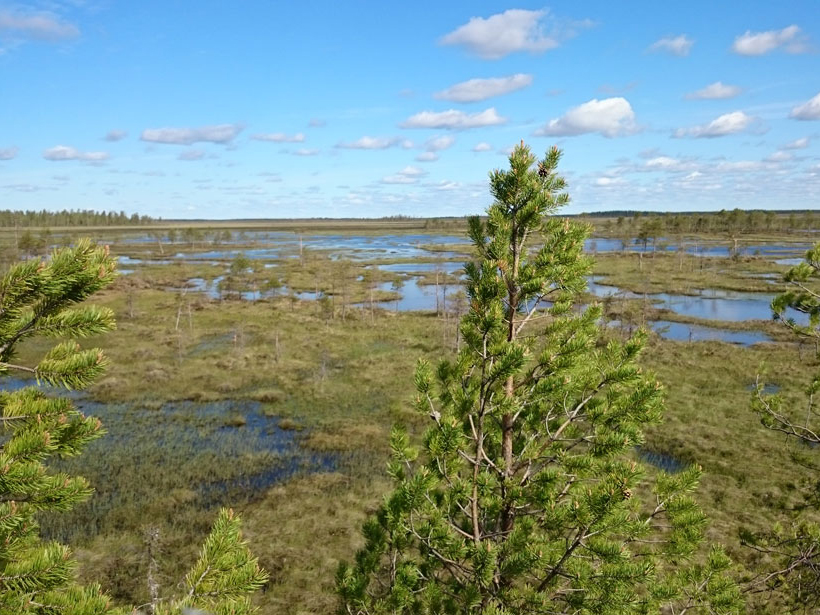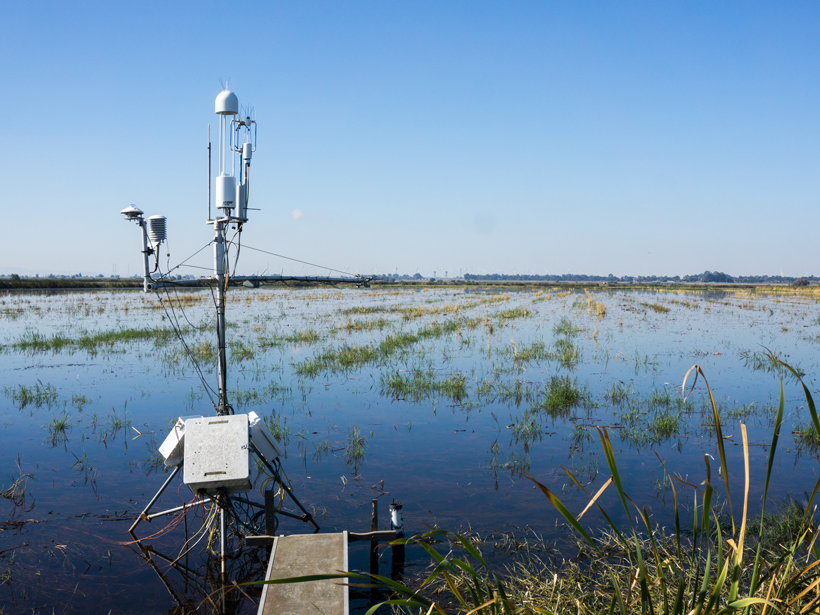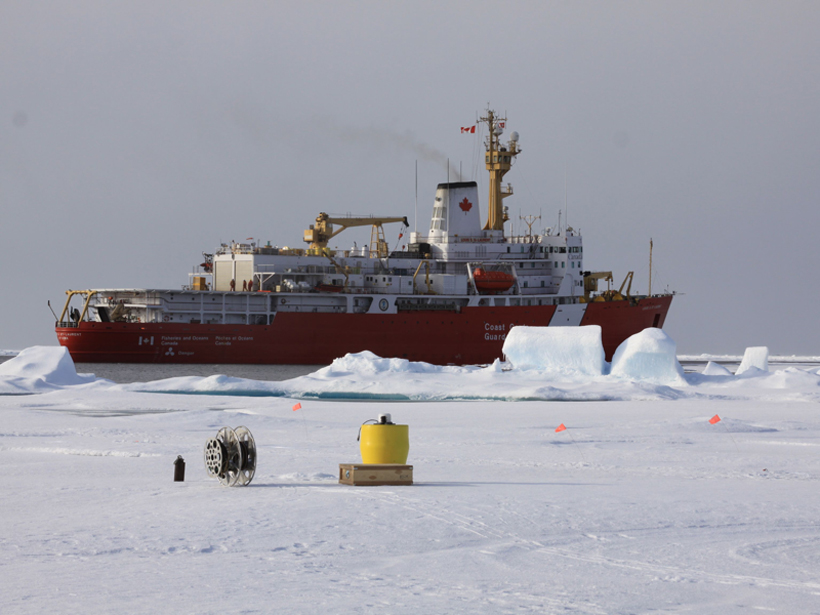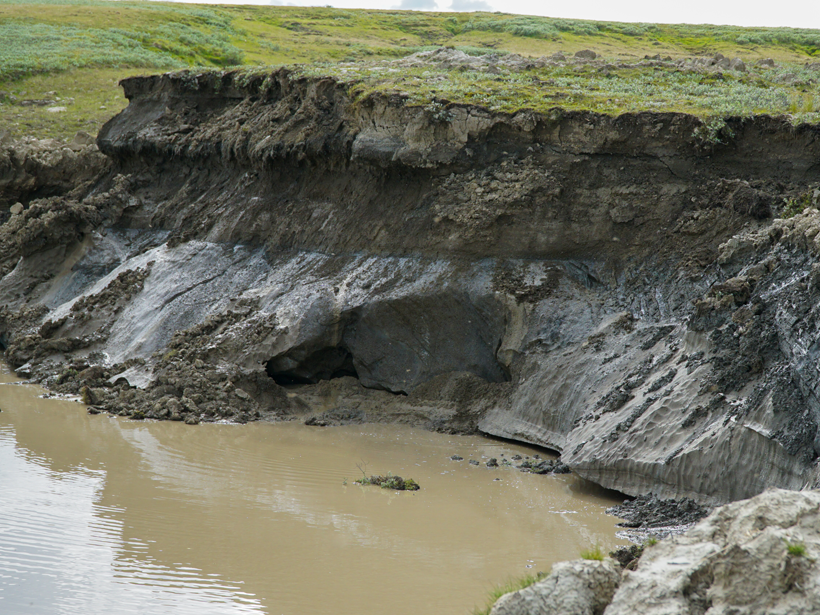Massive plantations for storing carbon and growing biofuel won’t achieve the Paris Agreement’s “2-degree guardrail,” but they could help.
carbon cycle
Why Is There So Much Carbon Dioxide in Rivers?
Observations of carbon dioxide oversaturation in the freshwater of the world led scientists to study its underlying causes at more than 100 field locations across the nation.
What’s the Average Methane Isotope Signature in Arctic Wetlands?
Aircraft measurements confirm that methane emissions from northern European wetlands exhibit a uniform regional carbon isotopic signature, despite considerable ground-level heterogeneity.
Can Tree Planting Really Help Mitigate Climate Change?
It depends on where, when, and how.
Optical Sensors Can Shed Light on Particle Dynamics in the Ocean
First TOMCAT Workshop; Southampton, UK, 12–14 September 2016
A New Data Set to Keep a Sharper Eye on Land-Air Exchanges
FLUXNET2015, the latest update of the longest global record of ecosystem carbon, water, and energy fluxes, features improved data quality, new data products, and more open data sharing policies.
How Arctic Ice Affects Gas Exchange Between Air and Sea
Scientists begin to fill a major data gap by investigating carbon dioxide dynamics in a remote region of the Arctic Ocean.
Mushrooms Could Provide a Record of Grassland History
Scientists measured carbon isotopes in certain types of fungi to assess whether the organisms can track how climate change is affecting grasses.
Global Significance of the Changing Freshwater Carbon Cycle
Freshwater ecosystems constitute a small fraction of our planet but play a disproportionately large and critical role in the global carbon cycle.
Modeling Permafrost's Role in the Global Carbon Cycle
A team of international scientists surveyed an array of Earth ecosystem models, recommending several ways to reduce uncertainties.

